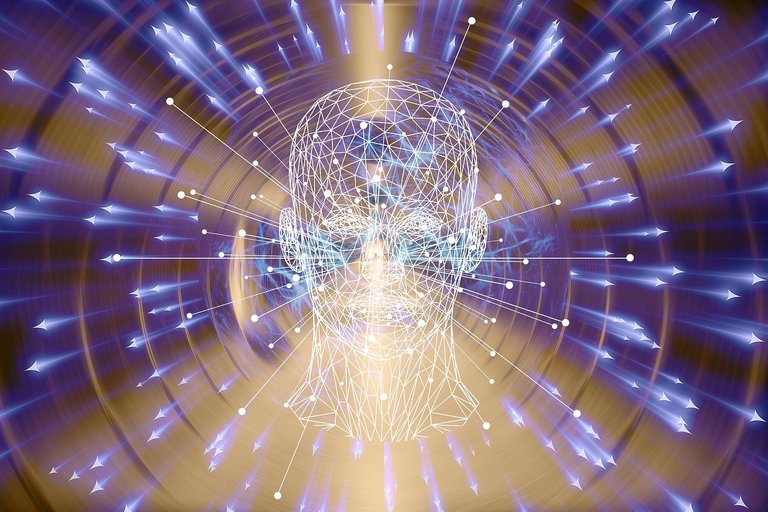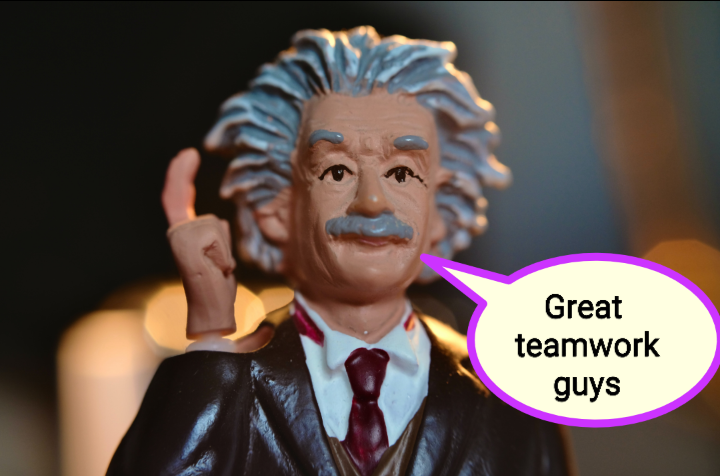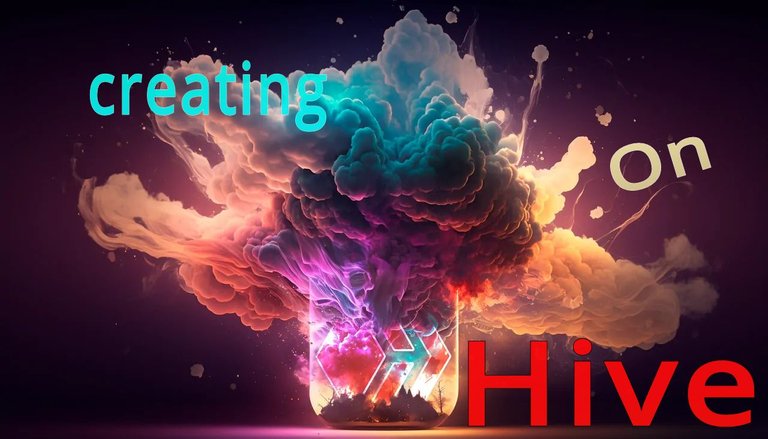When you look at the mirror, what do you see ?
Yourself or your image, which ever one you'd like to use. But let's be specific, the mirror actually shows you an image of your "physical self", you are actually more than what the mirror presents to you. The mirror doesn't show you your mental self, that is, it doesn't give you the mental processes that uniquely defines you or your personality. The self however is a very complex/complicated concept, there's no particular definition for it but loosely speaking, it is a concept used to identify a part of us that acknowledges our individual/personal existence. Although this post isn't only about the self, it's of great importance to at least first have some understanding of the self and show distinction between it (the self) and another very closely related concept, which would also be discussed. This other concept is none other than "identity".
We all are different, implying different selves, the characteristics that uniquely defines our individual self or the characteristics that makes one self different from another self is what is called the "identity". Everyone of us didn't just appear into the world, outside mother's womb, we all started out as babies and as time went by, we began to change form. You changed from being a baby to being a child, from being a child you changed to becoming an adolescent and eventually an adult. While undergoing those upgrades, there were changes going on in you, both physically and mentally. From a physicalist perspective, a baby isn't equivalent to a child, in fact, all of the stages discussed earlier aren't equivalent to each other which should imply very different selves/identities and it raises the question of why we still claim all those different selves is the same us.
Personally, I have tried comparing the way I am now to the way I was while I was very much younger (including the ones that I had been told) but it doesn't seem to add up, it's like the younger me was an entirely different person. In fact the only reason why I admit that was me is because I still have some of the memories. I don't know if you have encountered such problems before while reflecting on your past. Interestingly, in metaphysics (philosophy) this kind of problem actually exists and it's called "the problem of personal identity". It has to do with the persistence of a person's identity as time passes/changes occur and what really constitutes this persistent personal identity, the problem had already been raised by philosophers of antiquity using an ancient Greek mythology about "The ship of Theseus". I wouldn't be going into the mythology, you can read more on it in the references that would be presented at the end of this post, what I would do however is extract the thought experiment from it. Consider a ship of which as time went by, it's parts got so old that they required replacement of which was done, let's now assume that it was all the parts of the ship that was replaced, the question now is, is the ship after "total replacement of parts" the same ship or a different ship ?
To even make it more complicated (by extending the experiment), let's also assume some other persons took those old parts that were removed and used them to reconstruct the same ship, which of the two ships is the original/actual ship ?
The thought experiment looks very interesting but I would like to admit that we need to be careful when trying to use it to compare entities like us, we don't know what it's like to be like the ship. However, I have another interesting thought experiment, which requires using entities like us and it goes like this, if you happened to die (completely) and it was possible to bring you back to life - probably with the help of some advanced technology, would you be the same person as the one that existed before you died (neglecting physical attributes) ?
We could resolve those questions if we look at it from the perspective of memories. For example, in the case of our different stages as we evolved from babyhood to adulthood, the reason we are able to admit it's the same us seems to be because of our memories. If everyone one of us had no memories/had lost them, we may never admit those other selves were us. But then, does it mean that the persistence of once identity solely depends on memories?
Well, not necessarily so. It's possible to have memories and still develop an entirely different identity that has no continuous link to the memories of the past self, an example of such case is those with dissociative identity disorder - where they seem to have more than one different persons in the same body.
Apart from resolving the problem from the perspective of memories, another way is if you subscribe to Cartesian dualism. In Cartesian dualism, the body and the mind are different entities, the mind could still remain the same while the body changes. Religious folks do actually subscribe to Cartesian dualism, the mind is also spirit and it's the reason why they would say somebody with dissociative identity disorder has been possessed by a demon or demons - this used to be the case in the old times. However, Cartesian dualism has it's own problems that's yet to be resolved, including being confirmed experimentally.
As a matter of fact, many ways of resolving the problem of personal identity have been proposed - including the ones discussed previously, and the possibility that the self may not actually exist or may be an illusion, most of these solutions have their own setbacks and for now exists in the realm of philosophy. What this means is that the problem still persists (for those of us who finds it problematic), although little progress seems to be made experimentally, especially in the fields of psychology and neuroscience.
With what we have established so far, it's safe to say that we don't really know about our actual ourselves but I hope we do one day or we should just quit pursuing, as ourselves appears to be beyond our comprehension.
Okay guys, I think we would have to round up here, before somebody looses their sanity trying to grasp the weirdness of our existence. 😂
Till I come your way again next time, bye.
For further reading
Dissociative identity disorder
Thank you all once again for stopping by to read my jargons and also thank you @stemng, @lemouth and the @Steemstem team for your valuable supports.
Lastly, please don't forget to do the needful
Upvote
Comment
Reblog
If you enjoyed my jargons.




